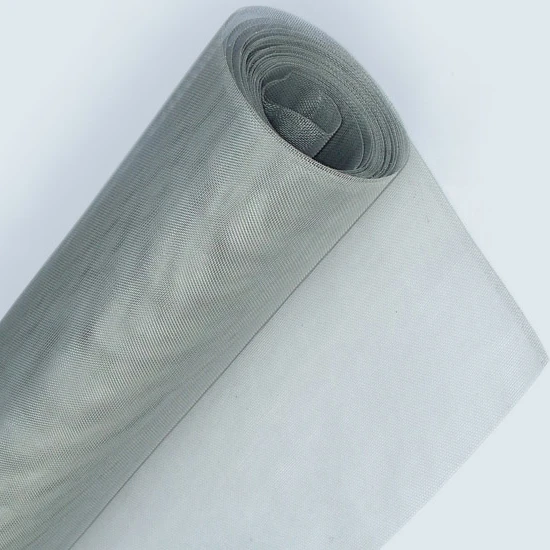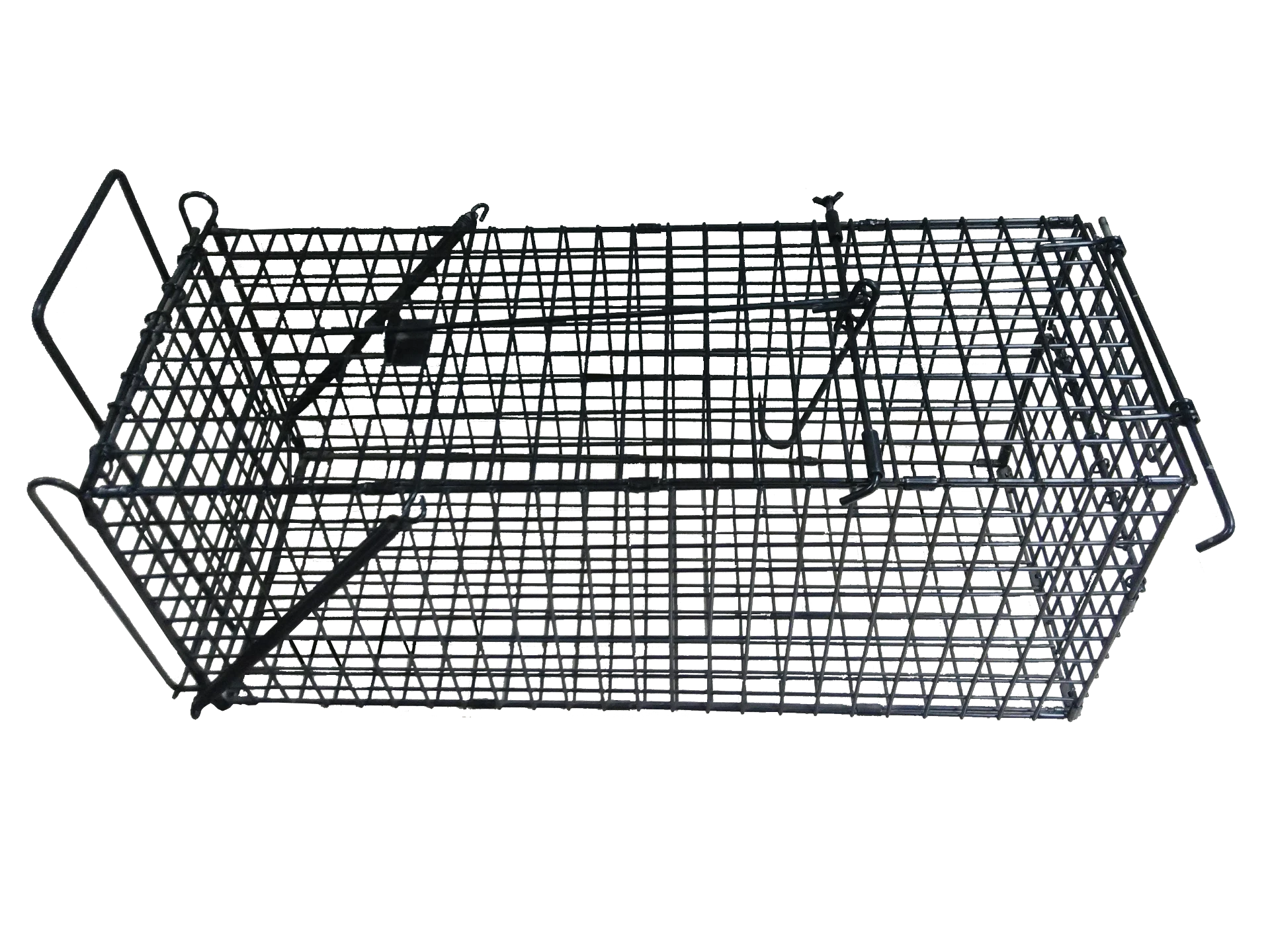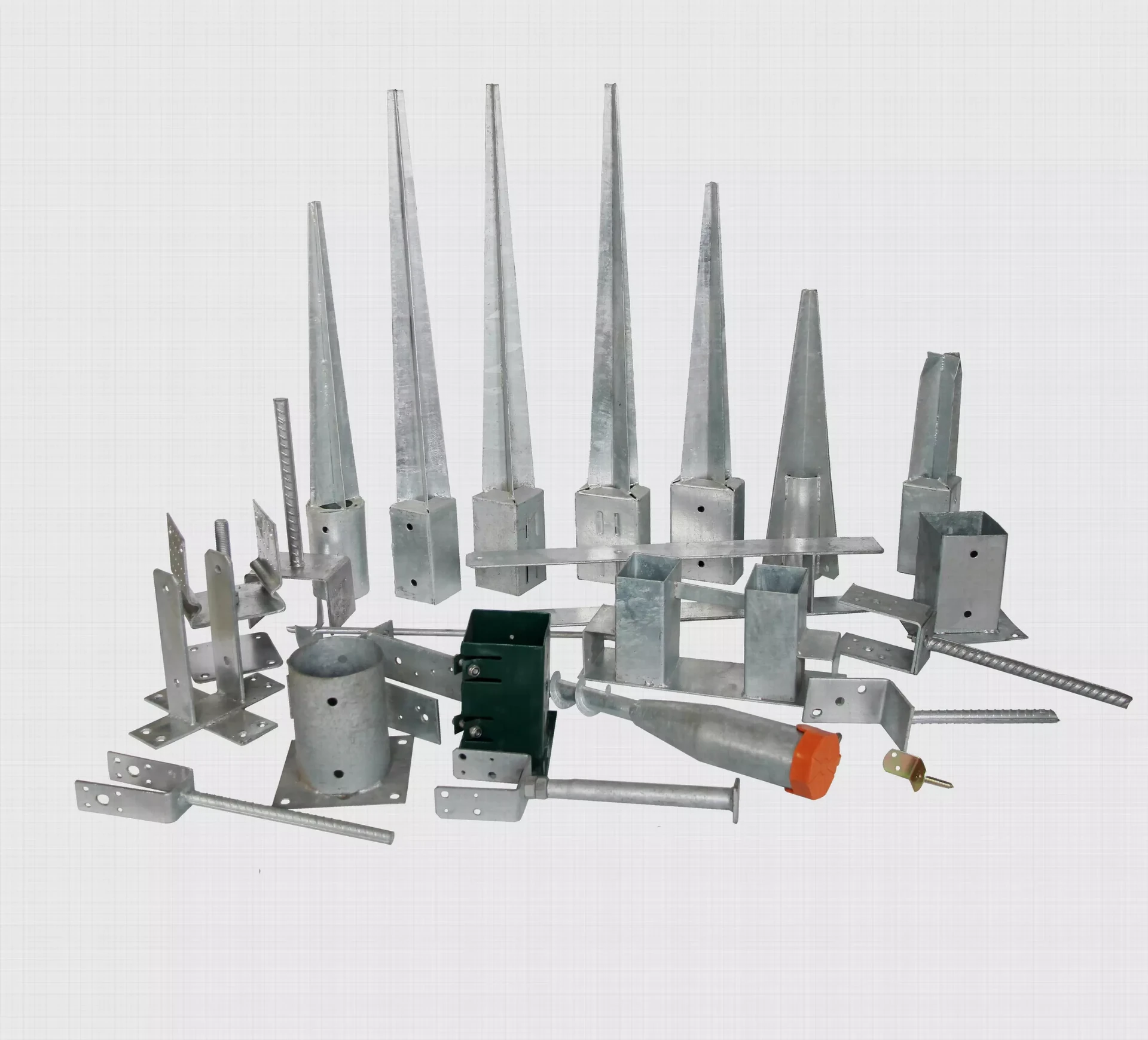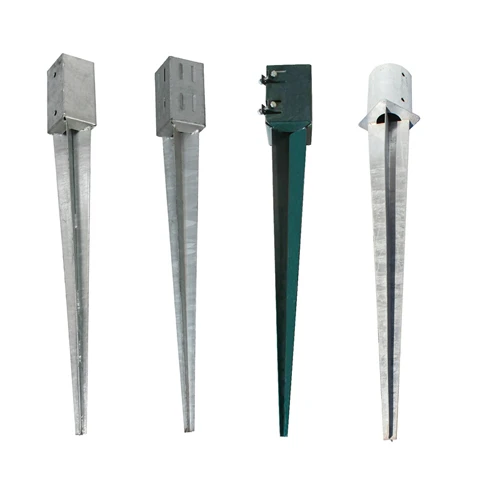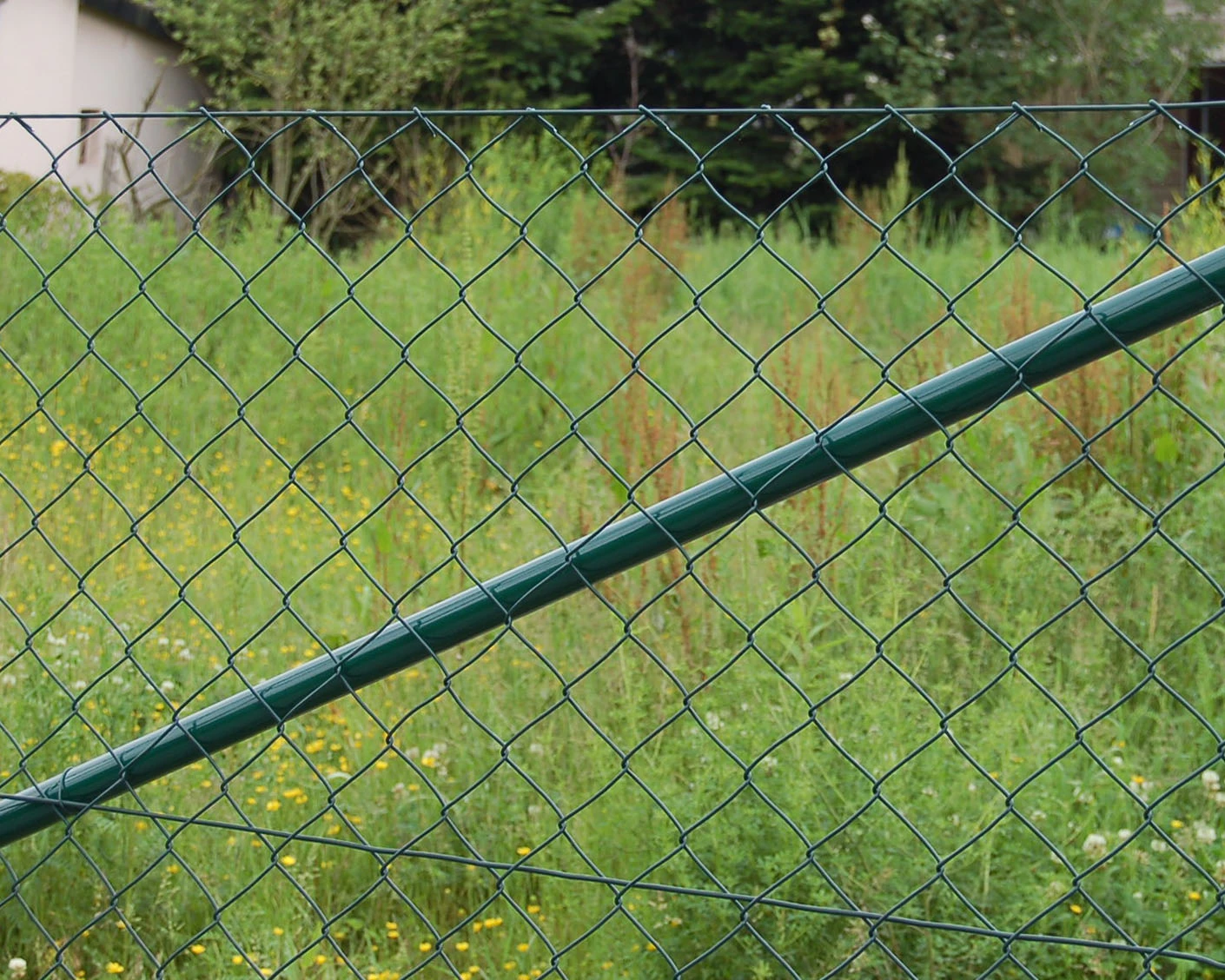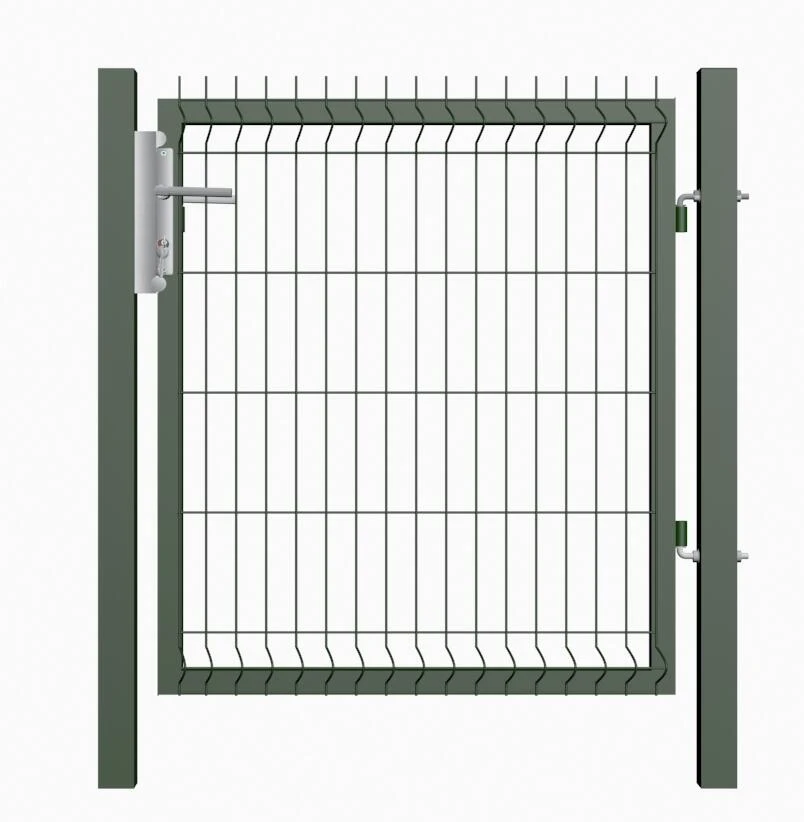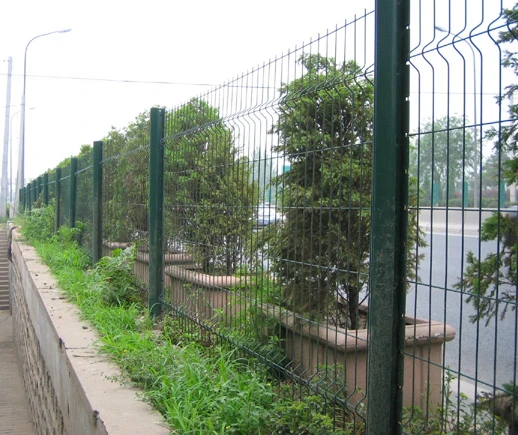- Overview of Razor Wire Fencing
- The Unmatched Security: Data and Impact
- Technical Advantages Over Traditional Barriers
- Leading Manufacturers: A Comparative Analysis
- Tailored Solutions for Diverse Security Needs
- Real-World Application Scenarios
- Long-Term Perimeter Protection with Razor Wire Fence

(razor wire fence)
Understanding Razor Wire Fencing
Razor wire fence distinguishes itself through precision-engineered steel blades offering superior deterrent capabilities compared to conventional barbed wire. Modern manufacturing employs cold-rolled high-carbon steel coils subjected to galvanization processes achieving zinc coatings of 120-150g/m² for enhanced corrosion resistance. The unique concertina configurations - typically clipped at 32-45 coils per meter - create overlapping blade matrices that deliver significantly higher penetration resistance. This perimeter security solution has evolved from early 20th-century military applications into contemporary C-Rated physical barriers certified under EN 356 security standards.
The Unmatched Security: Data and Impact
Independent security analyses reveal razor wire fencing reduces intrusion attempts by 91% compared to standard chain-link systems. Correctional facility audits demonstrate an 83% decrease in perimeter breach incidents after razor wire installations. These barriers achieve penetration resistance levels exceeding 3 minutes - surpassing barbed wire's average 45-second breach vulnerability. Industrial facilities report 67% lower theft incidents following installation, with insurance providers granting up to 22% premium reductions for certified razor wire installations. Military test data indicates blade-tape systems withstand compression forces exceeding 1,400N before deformation occurs.
Technical Advantages Over Traditional Barriers
The geometric blade design multiplies protective efficiency through controlled penetration mechanics. Unlike barbed wire's limited puncture points, contemporary razor wire systems feature continuous cutting edges spaced at 18-22mm intervals - increasing deterrent contact probability by 300%. Advanced concertina blade structures achieve Vickers hardness ratings between 450-520 HV, maintaining cutting efficiency after environmental exposure. Polymer-coated variations eliminate telltale rust stains while specialized zinc-aluminum alloys provide maintenance-free service for 15-25 years. Infrared-reflective versions integrate with laser detection systems to create dual physical/electronic barriers.
Leading Manufacturers: A Comparative Analysis
| Manufacturer | Blade Thickness (mm) | Galvanization | Breach Resistance | Product Lifespan |
|---|---|---|---|---|
| Global RazorTech | 2.5-3.0 | Class A (150g/m²) | Level 4 Certified | 25+ years |
| SecurePerim Inc | 2.0-2.5 | Galfan Coating | Level 3 Certified | 15-18 years |
| FortiBlade Systems | 3.0-3.5 | Triple Zinc Layer | Level 4+ Certified | 30 years |
Tailored Solutions for Diverse Security Needs
Perimeter specialists configure razor wire systems to precise threat profiles through modular components. Helical coil diameters range from 450mm (standard commercial) to 980mm (maximum security), while custom blade angles between 30-55 degrees address specific climbing vectors. Government facilities implement Class III barriers featuring 316L marine-grade stainless steel construction with titanium stabilization for coastal installations. Quick-deployment concertina razor wire packages enable temporary security perimeters deployable in 68 seconds per linear meter. Covert anti-climb variants utilize transparent polymer blade casings that preserve architectural aesthetics while maintaining security efficacy.
Real-World Application Scenarios
Border protection agencies employ overlapping razor wire configurations extending 12km along transnational boundaries, reducing unauthorized crossings by 97%. Energy sector implementations at substations integrate razor wire with 8,000V pulsed deterrent systems, achieving zero successful penetrations over 5-year monitoring periods. High-security detention facilities utilize Type 8 concertina arrangements featuring multiple blade-direction layers, extending breach time beyond the 4-minute critical response threshold. Commercial applications demonstrate cost-efficiency with maintenance expenses 47% lower than guarded perimeters over 10-year operational windows.
Long-Term Perimeter Protection with Razor Wire Fence
Strategic razor wire fence
installations deliver diminishing operational costs, with 25-year lifecycle expenses averaging 62% below continuously monitored alternatives. The inherent material properties of modern razor wire ensure persistent protective capability - fatigue testing reveals less than 8% degradation in blade efficacy after 15-year environmental exposure. Asset protection analyses confirm razor wire barriers provide 400% greater ROI than electronic-only systems when measured against physical intrusion attempts. International infrastructure standards increasingly specify hybridized barriers where razor wire constitutes the essential outermost security layer for critical installations.
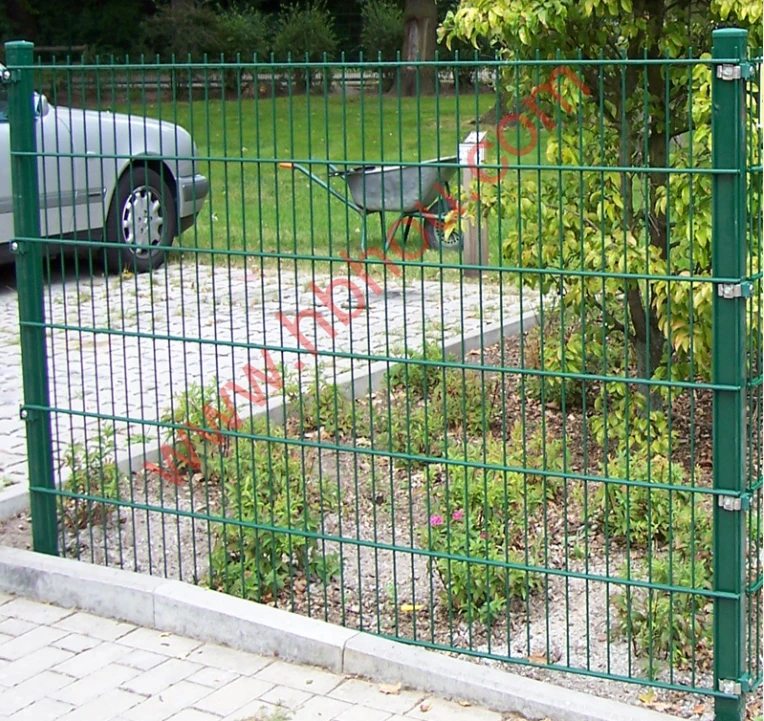
(razor wire fence)
FAQS on razor wire fence
Q: What is the difference between barbed wire and razor wire?
A: Barbed wire has sharp protruding spikes, while razor wire features sharp-edged blades. Razor wire is more lethal and commonly used for high-security areas, whereas barbed wire is often used for agricultural or low-risk perimeter fencing.
Q: Why choose razor wire fences over barbed wire?
A: Razor wire provides superior deterrence and security due to its sharper blades and difficulty to climb. It is ideal for prisons, military zones, or critical infrastructure, while barbed wire suits livestock containment or basic property boundaries.
Q: Can razor wire and barbed wire be used together?
A: Yes, combining both enhances security. Razor wire can be installed atop barbed wire fences to create layered protection, deterring intruders with escalating physical barriers.
Q: Is installing razor wire fences legal everywhere?
A: Laws vary by region. Razor wire is restricted in residential areas in some countries due to safety risks. Always check local regulations and post visible warnings to avoid legal liabilities.
Q: How long do razor wire fences last compared to barbed wire?
A: Both are durable, but galvanized or stainless-steel razor wire resists corrosion better, lasting 15-20 years. Barbed wire typically lasts 10-15 years but requires less maintenance for non-coastal environments.










